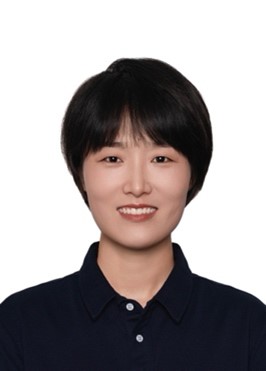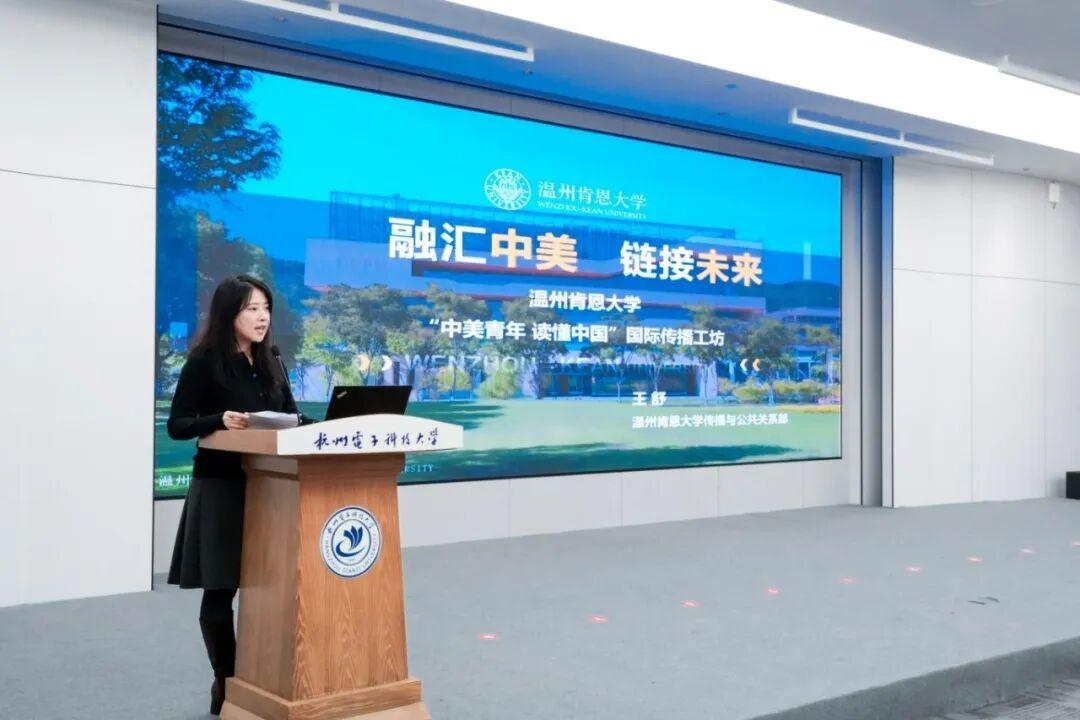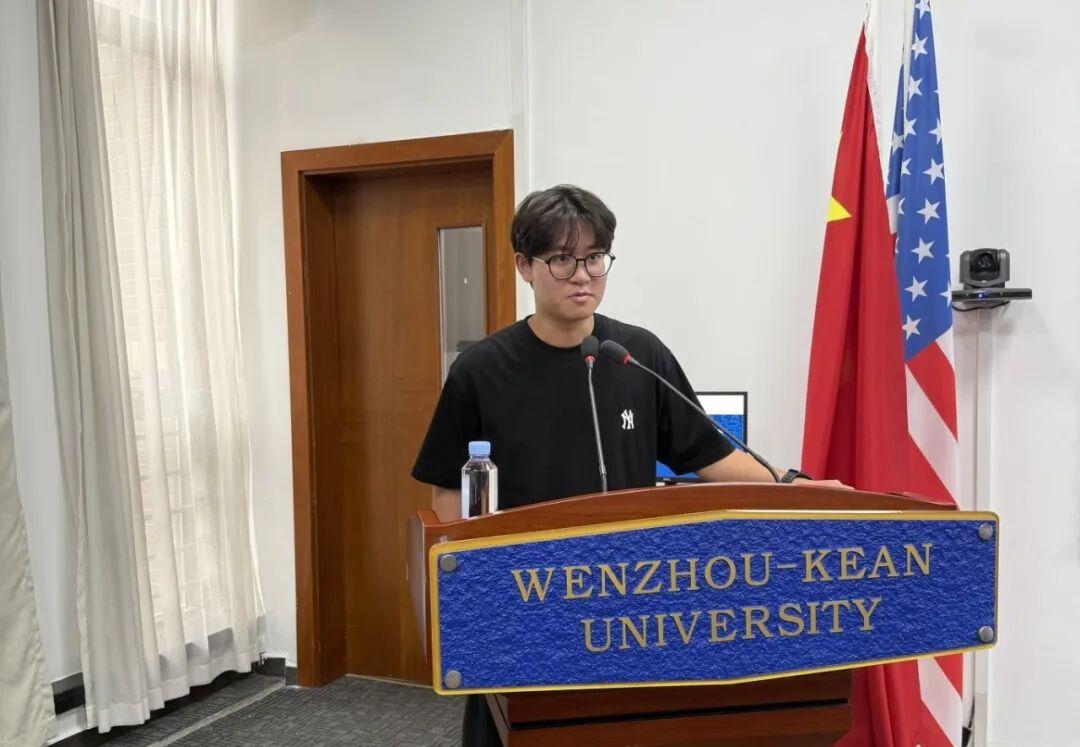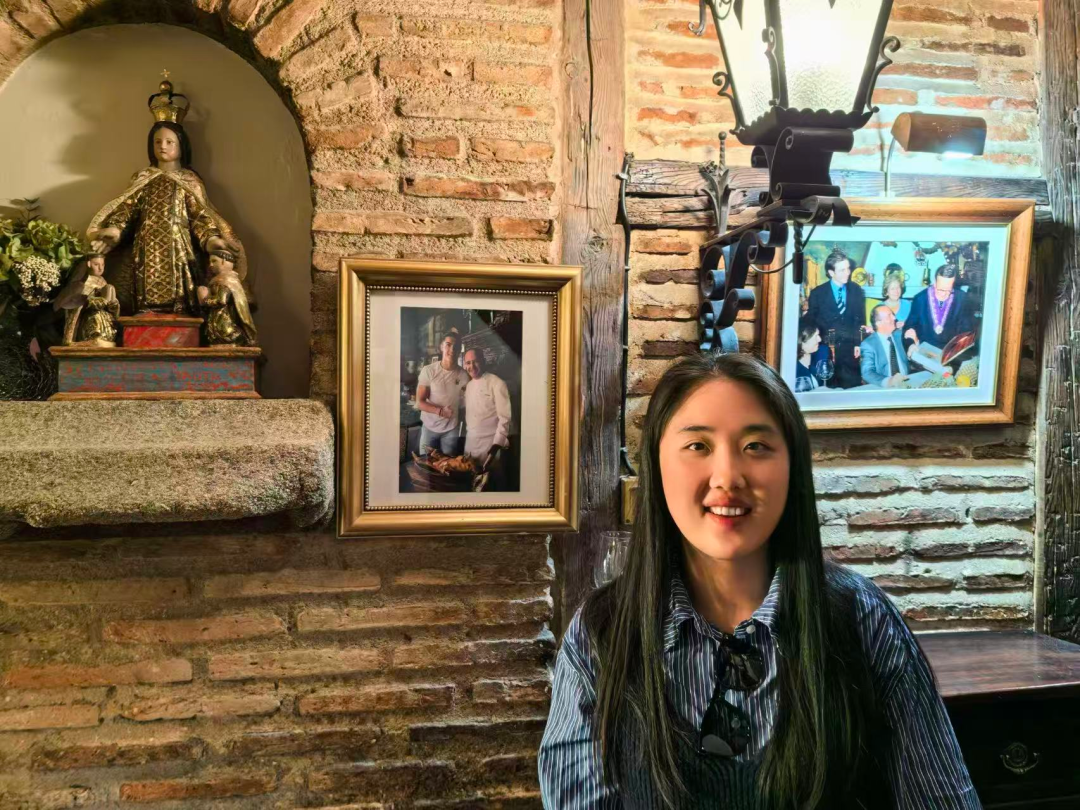
董旋,博士
-
职位:研究生导师
-
学院:理工学院
Education background
B.S. in Biology Science
Shandong University
Ph.D. in Developmental Biology
Shandong University
Joint Ph.D. in Biochemistry
University of Colorado at Boulder
Biography
Dr. Xuan DONG earned her Ph.D. in Life Sciences from Shandong University in June 2012. She also completed a Joint Ph.D. program at the University of Colorado at Boulder in Biochemistry and Chemistry in May 2012. Dr. Dong is currently serving as the Principal Scientist of Cell Therapy at BGI Research which company she joined since March 2016. She has made significant contributions to the development of novel cancer immunotherapy technologies and serves as a key leader in the institute's strategic and exploratory projects. She is also an Associate Supervisor for graduate students at both the University of Chinese Academy of Sciences and Zhengzhou University. She has led or participated in numerous national and municipal research projects, holds seven patents and has published over 20 SCI articles in journals such as Cell Discovery and Small Methods.
Dr. Dong’s research focuses on the technology development of immunotherapy in cancer treatment. She has contributed to the creation of the Chinese human mass spectrometry epitope database and BGI's proprietary neoantigen AI prediction model. She has led the development of key technologies in T-cell product processes, including DC vaccine, peptide synthesis, and pMHC tetramer production. These innovations have significantly reduced the cost of T-cell therapies by 70% and earned her the prestigious Annual Major Scientific Contribution Award at BGI. Some of these technologies have been transferred for commercialization at Genoimmune Biotechnology, generating an investment of 2 million yuan. She also established a comprehensive research platform for cancer immunotherapy at BGI, which includes a full-process R&D pipeline starting from clinical tumor samples. This platform integrates mass spectrometry for neoantigen discovery, multi-omics technologies for neoantigen-specific T-cell identification, and high-throughput microfluidic screening of functional immune cells. This system allows for rapid, efficient, and accurate identification of potential immune therapy targets for clinical tumor patients, facilitating both scientific research and clinical applications.
Currently, Dr. Dong is focusing on the assessment and intervention of the immune system, using multi-omics technologies to build immune baselines for healthy aging populations and conducting cell intervention assessments.
Selected Research Grants:
1. National Key R&D Program, Ministry of Science and Technology of China, National Key R&D Program - BT and IT Integration, Project Number: 2021YFF1200504. Title: High-throughput and Standardized Hardware Platform Integration for Cell Line Assembly and Testing (Project: Automated Cell Design Pipeline Development and Application)
2. Shenzhen Municipal Science and Technology Innovation Committee, Free Exploration Project, Project Number: JCY201708171500151700. Title: Research on Novel Antibody-Conjugated CAR-T Therapy for Colorectal Cancer
3. Shenzhen Municipal Science and Technology Plan Project, Project Number: JSGG20180508152912700. Title: Key Technology Development for Tumor Immunotherapy Based on Gene Mutation Genomics
Research interests
Dr. Dong's research encompasses several diverse projects primarily centered around the development and evaluation of new technologies in immune intervention. Her work bridges the fields of immunology, cancer therapy, and precision medicine, with a particular focus on cancer immunotherapy and immune system assessments.
Selected Publications/scholarly and creative work
- Guan, X., Bu, F., Fu, Y., Zhang, H., Xiang, H., Chen, X., Chen, T., Wu, X.,Wu, K., Liu, L.*, Dong, X.*, Immunogenic Peptides Putatively from Intratumor Microbes: Opportunities for Colorectal Cancer Treatment, ISCIENCE (2024), doi: https://doi.org/10.1016/j.isci.2024.111338.
- Cong B#, Dong X#, Yang Z#, Yu P#, Chai Y, Liu J, Zhang M, Zang Y, Kang J, Feng Y, Liu Y, Feng W, Wang D, Deng W, Li F, Song Z, Wang Z, Chen X, Qin H, Yu Q, Li Z, Liu S, Xu X, Zhong N, Ren X, Qin C, Liu L, Wang J, Cao X. Single-cell spatiotemporal analysis reveals alveolar dendritic cell-T cell immunity hubs defending against pulmonary infection. Cell Discov. 2024 Oct 16;10(1):103. doi: 10.1038/s41421-024-00733-5. PMID: 39414763; PMCID: PMC11484931.
- Qi J, Zhu H, Li Y, Guan X, He Y, Ren G, Guo Q, Liu L, Gu Y, Dong X*, Liu Y*. Creation of a High-Throughput Microfluidic Platform for Single-Cell Transcriptome Sequencing of Cell-Cell Interactions. Small Methods. 2023 Sep 15:e2300730. doi: 10.1002/smtd.202300730. Epub ahead of print. PMID: 37712212. SCI
- Li Y, Qi J, Liu Y, Zheng Y, Zhu H, Zang Y, Guan X, Xie S, Zhao H, Fu Y, Xiang, H, Zhang W, Chen H, Liu H, Zhao Y, Feng Y, Bu F, Liang Y, Li Y, Xu Q, He Y, Sun L, Liu L, Gu Yi, Xu X, Hou Y, Dong X*, Liu Y*. High-Throughput Screening of Functional Neo-Antigens and Their Specific T-Cell Receptors via the Jurkat Reporter System Combined with Droplet Microfluidics. Anal Chem. 2023 Jun 27;95(25):9697-9705. Correspondence Author SCI
- Xiang H, Zhang L, Bu F, Guan X, Chen L, Zhang H, Zhao Y, Chen H, Li J, Zhang W, Li Y, Gu Y, Hou Y, Mu F, Dong X*. A novel proteogenomic integration strategy expands the breadth of neo-epitope sources. Cancers. 2022 Jun 19;14(12):3016.




